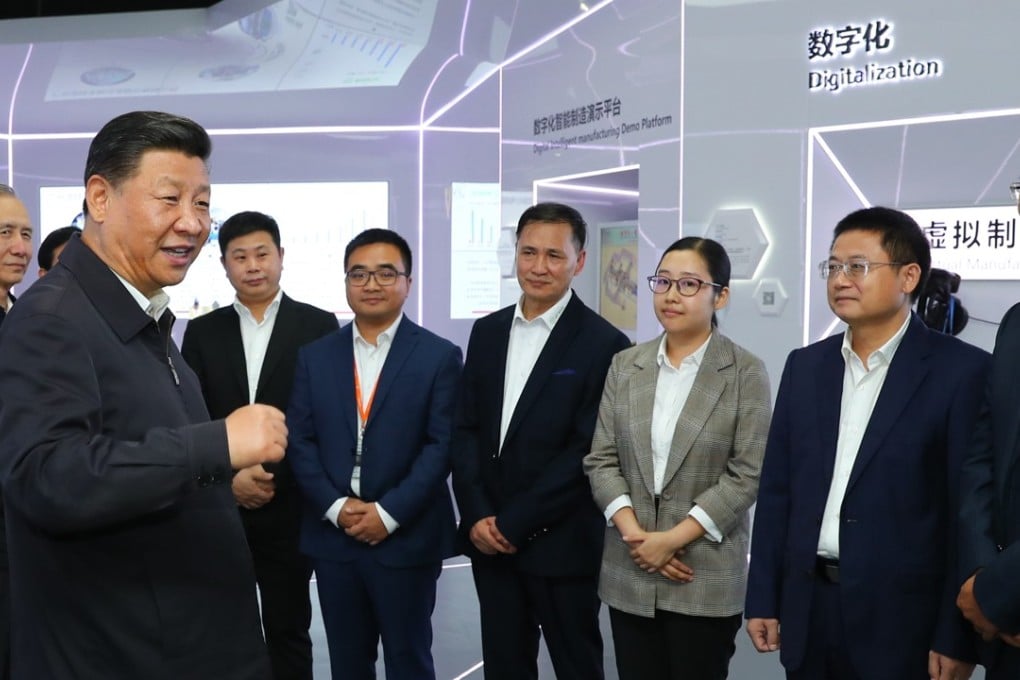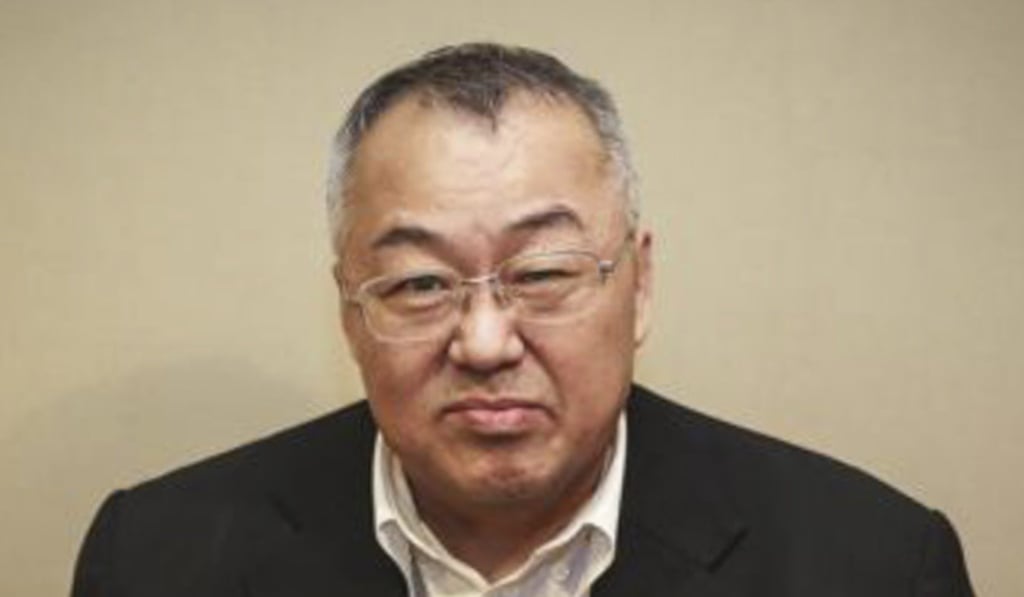Exclusive | Can the Communist Party’s unprecedented endorsement calm the frayed nerves in China’s private sector?
- After 40 years of experiments with capitalism, Chinese executives worry about plunging profits, state meddling and government orders that have toppled tycoons
- The leader of the world’s biggest Communist Party declared this month that private entrepreneurs are ‘one of us,’ an unprecedented endorsement

A landmark review of a Chinese billionaire’s conviction for financial crimes has turned into a cause célèbre in China at a time of deep anxiety about the private sector.
A one-day retrial in June, after Gu had already served years in jail, was followed by complete silence. It’s unclear when the Supreme People’s Court will rule, but its decision will come at a pivotal moment for the private sector: the communist country is just four decades into its experiment with capitalism, but private entrepreneurs are more nervous than they have ever been.
The decision of the court – which operates as an adjunct of the Chinese state – could be a critical sign of President Xi Jinping’s intentions for China’s private sector. It is a segment of the economy that he desperately needs to succeed, to transform China from the world’s factory into a hi-tech powerhouse with a financially well-off – and content – middle class.

Private entrepreneurs have borne the brunt of Beijing’s diktats, everything from a policy to cut excess industrial capacity in steel and coal, to crackdowns on corruption and pollution, with non-state companies forming nearly all of the 11,000 firms that vanished since 2016, China Merchants Bank International’s chief economist Ding Anhua said in September.